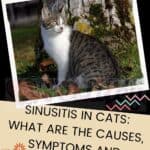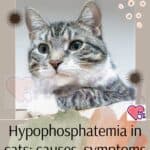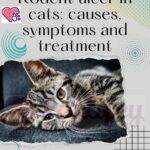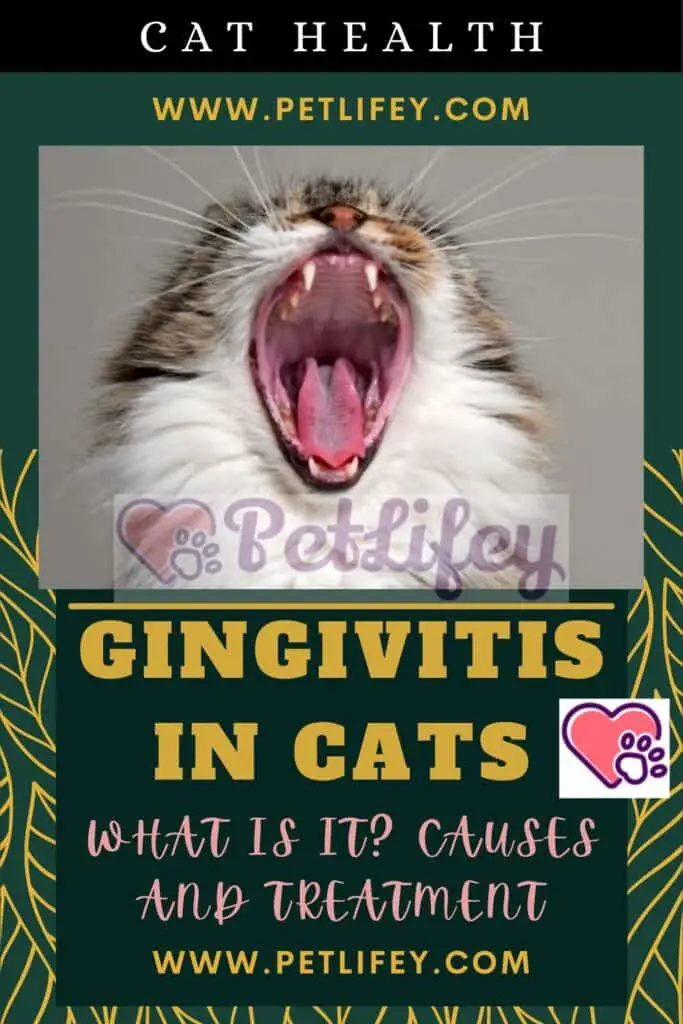
The gingivitis in cats is considered a periodontal disease feline consisting of inflammation and bleeding gums. Caused mainly by a bacterial infection, which originates with the remains of food that remain on the teeth inside the oral cavity.
Gingivitis is one of the most frequent oral diseases in cats, and we are going to talk about the causes, symptoms, treatment and prevention methods.
What is gingivitis in cats?
Gingivitis is an oral disease, in which inflammation of the oral or lingual mucosa of cats occurs. It is a common disease in young cats that does not present a serious clinical picture. However, if it is not treated in time, it can get worse. Gingivitis in cats is not contagious, it is a disease in which the immune reaction of each cat to dental plaque has a decisive influence.
Causes of gingivitis in cats
The causes of gingivitis in cats are quite broad. The main cause for a cat to develop gingivitis is the accumulation of tartar on the teeth in cats. Since gingivitis is an inflammation produced due to the bacteria present in tartar, which in turn are generated from the remains of food that remain in the mouth.
However, there are other causes why cats can acquire this disease, mainly if the cat is suffering from a disease that affects its defenses.
● Insufficient oral hygiene
● Immune problems
● Kidney failure or problems
● Presence of feline Calicivirus virus
● Presence of feline leukemia virus
● Presence of feline panleukopenia virus
● History of periodontal diseases
● Consumption of wet food
Symptoms of Gingivitis in Cats
The first symptoms of gingivitis in cats usually begin with swelling and redness of the patient’s gums. Then, due to the inflammation, you will begin to feel pain at mealtime.
This is why you can also notice the disease if you see a lack of appetite in your cat and even depression, irritability and a dull mood. Later, if the disease is allowed to develop, ulcers will appear in the oral mucosa with sialorrhea or excessive production of saliva and also the difficulty in eating solid feed will be increasingly noticeable.
Other symptoms are:
● Sialorrhea or excessive production of saliva
● Oral inflammation
● Pain
● Halitosis (bad breath)
● Mouth bleeding
● Weight loss and in chronic cases anorexia
● Rubbing of the face against walls and other surfaces.
● Constant meows
● The cat will not let its mouth touch
The gingival pain often have symptoms common with other oral diseases both as body in general. This is why when you notice some of these symptoms in your cat you should take it immediately to the vet in order to have a correct diagnosis and start treatment on time.
Treatment to combat gingivitis in cats
The first step to begin a treatment to combat gingivitis in cats will be the correct diagnosis of the veterinarian, who will be in charge of detecting in what state of severity the patient is, that is, if it is a mild, chronic gingivitis or if the cause of the disease is viral.
For mild gingivitis, the patient will receive pain relievers to relieve pain, antibiotics to fight bacterial infection, and teeth cleaning to remove tartar.
If chronic gingivitis occurs, other complementary tests such as hemogram (blood tests), x-rays of the oral cavity, among others, will be necessary. Likewise, dental cleaning and the extraction of teeth that are severely affected will be carried out. When gingivitis has a viral cause, antibiotics will be applied and if there is no improvement, treatment with corticosteroids will be applied.
How to prevent gingivitis in cats?
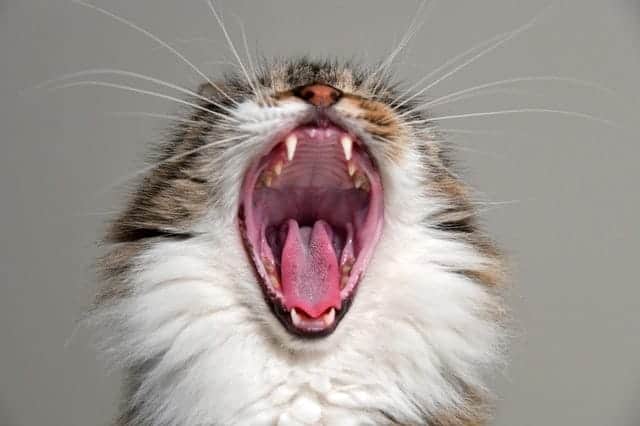
The main advice to prevent gingivitis in cats is to maintain oral health. You should brush your cat’s teeth periodically (at least once a week) so that bacteria and tartar do not accumulate on the gums. However, as gingivitis can be caused by reasons other than poor oral hygiene, you should follow the following prevention tips:
● Avoid or reduce the supply of dry food to another type: It is proven that gingivitis is more frequent in cats that have a wet diet.
● Make visits to the vet for regular dental cleanings.
● Be aware of your cat’s immune system: Providing vitamins and adequate food that nourishes it properly and keeps it strong.
By following these tips you will act in favour of the oral health of your cat, however, we always recommend that any questions you have about the health of your feline consult an expert veterinarian to receive the appropriate recommendations as the case may be.


